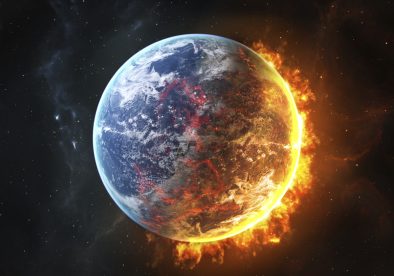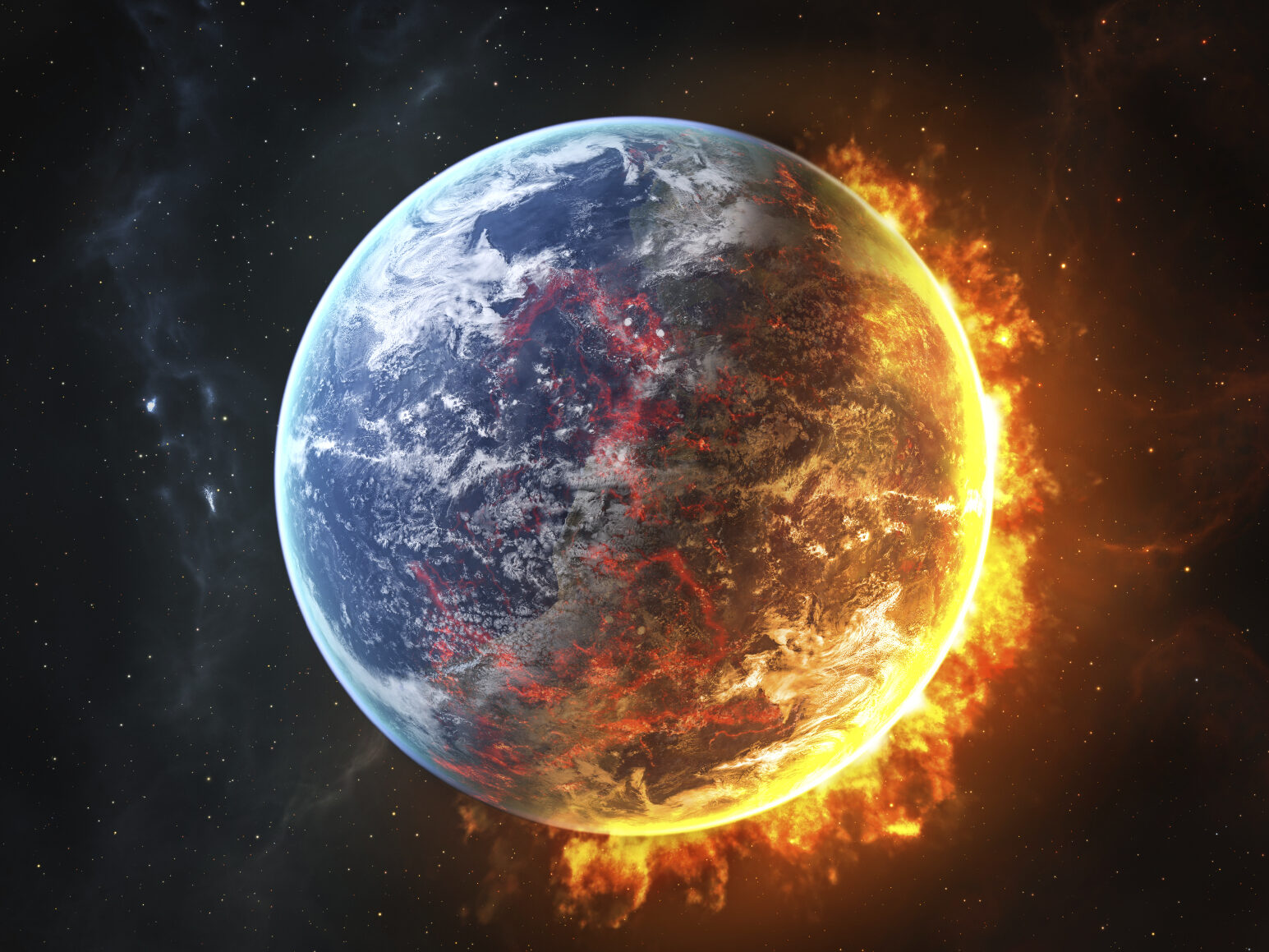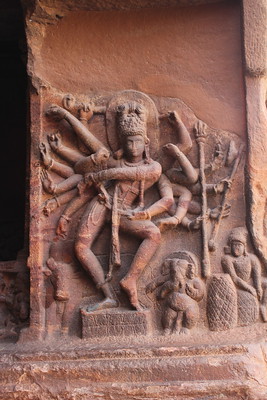Any decent worldbuilding, particularly where it posits an imaginary alien species, needs to delve into the social structure and belief system that exists.
When I considered creating ‘the alien’, I knew I couldn’t go ‘too alien’. There are – no doubt – aliens out there in the vastness of space that we will never understand or be able to relate to because our frame of reference has nothing in common with theirs. That’s okay from a ‘real world’ point of view but it doesn’t work in a fictional setting, especially where I want the reader to empathise with my alien protagonist. There has to be a basis for understanding for real empathy to emerge. On the other hand the alien can’t be too like us otherwise why bother?
One of the key excitements of speculative fiction is in encountering and considering the different world views, concepts and reactions that alien societies have. There’s a perspective shift that comes with that for the reader, allowing us to view our own mores or peccadilloes in a different light. (And I thoroughly recommend China Mieville’s Embassytown as a fantastic example of that kind of writing.) So the aliens need to be relatable but different enough to provoke that kind of reader reaction.
As a result, I thought of encountering the Kresz as one might have encountered a foreign civilisation in the early days of terrestrial exploration, a bit like the culture shock that accompanied the Conquistadors’ encounters with the Aztecs. Both had a functional society and worldview that worked but each saw the other as alien.
My narrative trigger was the mutilation by the Earth-based Hegemony of the Kresh empathic mantle. As I said previously this was a means to an end to enable the Hegemony to dominate the Kresz. But such a strong narrative element – to my mind – gave rise to a number of other possibilities that fed directly into the development of the Kresz mythology and, following on from that, the basis for the development of their social structure.
How much more debilitating would such an act be if it not only struck at a basic means of Kresz communication but also fed into an existing social more for them? So I posited the idea that, to the Kresz, any kind of physical disability of impairment was anathema. That magnified the effect of the mutilation but it also meant I had to have a deep-seated reason for Kresz society to hold those views.
This led me to the development of the Kresz mythology. All mythologies start from a creation myth. Bearing in mind I wanted my Kresz to appear alien – but not too alien – I borrowed from the Shiva mythology. In some traditions, Shiva is seen as both destroyer and benefactor. So I imagined a Kresz god, Sakat, who was the god of death and the creator of the Kresz homeworld and it was from him that the idea of bodily perfection came. Here’s an extract from an earlier draft of Book 1 explaining this:
But as a concept, the creator deity — Sakat, god of death — promoted a closed system. He created Kresh life so that there could be death (this is what the priests teach and the adept philosophers theorise on). Death cleanses and replenishes. The unfit seed is cut down. Sakat is the ‘vigilant gardener’. The weak and deformed are killed so that the strong can survive and thrive unhampered and that way we move towards the perfection of Kresh form which is the underlying foundation of Sakat’s plan for us. So the disabled are imperfect. They are not ‘fit to breed’ (I hasten to add this is not my own views but a device to show an ‘alien’ culture that we can at least understand on an intellectual level if not agree with). As a result any Kresh that is injured badly is euthanised. If other intact Kresh were not around to perform such an act the disabled Kresh may actually consider suicide. This leads to so many dramatic possibilities that the idea has grown to suffuse most of the series.
Udun, my alien hero, suffers mutilation at the hands of the Hegemony. By Kresz social strictures, he and the thousands of others treated this way should be euthanised. But how can Kresz society function if this occurs? Udun, as I’ve said earlier, is an agent for change. One of the changes he must create is a new way for society to view those who do not meet Sakat’s standard of perfection. It’s the only way to avoid complete social collapse.
Picture credit: “Badami, cave 1, Nataraja, dancing Shiva” by Arian Zwegers is licensed under CC BY 2.0 .


